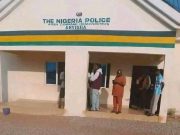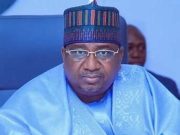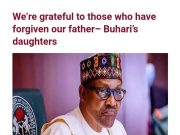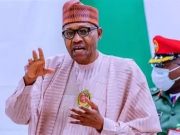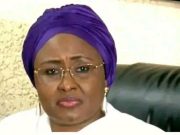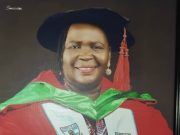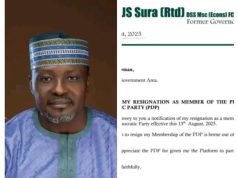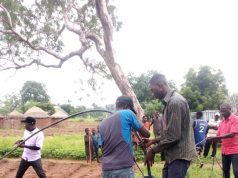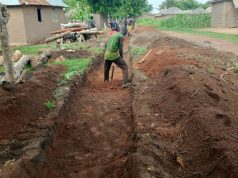The Minister of Humanitarian Service and Poverty Reduction, Prof Nentawe Goshwe Yilwatda has emerged the Chairman of RABAT Process
The Rabat Process serves as a regional dialogue platform uniting governments, international organizations, and civil society to tackle the complex challenges and opportunities associated with migration in West Africa.
Prof Yilwatda whose performance as a Minister has been commended by many since his assumption of office was nominated by President Bola Ahmed Tinubu to chair the RABAT Process.
Find Out More About The Rabat Process
The Euro-African Dialogue on Migration and Development (Rabat Process) is a regional migration dialogue. Since 2006, the Dialogue has offered a framework for consultation, bringing together countries of origin, transit and destination of the migration routes linking Central, West and Northern Africa with Europe. 57 state partners and additional key stakeholders, including the European Union (EU) and the Economic Community of West African States (ECOWAS), are involved. The result is an open Dialogue between national authorities about technical and political questions related to migration and development.
Building on a decade of Dialogue
The Rabat Process was founded in 2006 as a dialogue platform for national authorities of the countries of origin, transit and destination along the West and Central African migration routes. The initiative was based on the acknowledgement that finding a response to migration flows required a coordinated response from all concerned countries.
At the time, major migration routes crossed the Strait of Gibraltar or led to the Canary Islands. The conviction that it was not exclusively the responsibility of Spain and Morocco to manage these migration routes gave the impetus to France, Morocco, Senegal and Spain to create the Rabat Process. The dialogue was officially established at the first Euro-African Ministerial Conference on Migration and Development organised in Rabat in 2006.
Guided by a flexible strategic framework
The Dialogue benefits from a flexible and adaptive strategic framework. The Rabat Process’ Steering Committee and its alternating chairmanship are driving forces, shaping the Dialogue together with State partners, regional organisations, international organisations and other stakeholders. In addition, the partner countries adopt new strategic frameworks in the form of ministerial declarations and action plans every three to five years, designed to adapt to the evolving realities of migration and mobility.
Countries and Dialogue activities.
▸Senior Officials’ Meetings
During Senior Officials’ Meetings (SOM), the partners debate strategic objectives in detail. These debates usually result in a preliminary draft of a political statement, to be adopted at the next Ministerial Conference.
Senior Officials’ Meetings can also be organised outside the context of a Ministerial Conference, to address particularly important topics.
Each SOM is hosted by a country taking part in the Dialogue.



